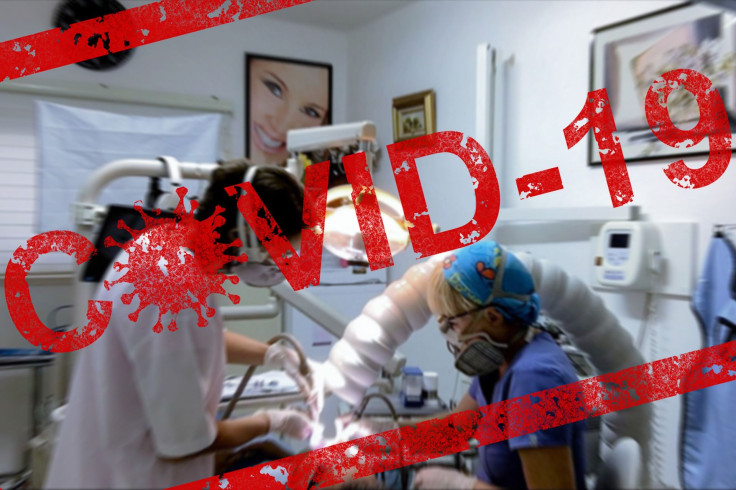Drug That Calms Overactive Immune System, Reduces Death Risk By 45% In Critically Ill COVID-19 Patients

KEY POINTS
- Cytokine storm might cause death in severely ill COVID-19 patients
- Study: Drug that prevented the cytokine storm helps reduced coronavirus deaths
- A single dose of the drug administered intravenously within a day of intubation did wonders
Critically ill COVID-19 patients who were given a dose of a drug that helps calm an overreacting immune system were 45% less likely to die, reported a new study.
The drug also helped COVID-19 patients get discharged and weaned off a ventilator sooner.
The experts at the University of Michigan found that the reduction in death rates among critically ill COVID-19 patients occurred even when these patients had twice the risk of developing an infection other than the one caused by the novel coronavirus. They highlighted the fact that calming the cytokine storm could benefit the patients a great deal.
Cytokines are proteins that regulate the cells of a person’s immune system. A cytokine storm happens when there is a severe immune reaction where the body releases cytokines enormously and quickly. It can be highly injurious to the host cells. Experts opine that cytokine storm might be one of the leading causes of death in critically ill COVID-19 patients.
The immune system calming drug that appears promising in COVID-19 treatment -- Tocilizumab.
When administered intravenously, the drug tocilizumab which was originally designed to treat rheumatoid arthritis and touted for calming the overreacting immune system helps reduce COVID-19 patient’s risk of dying.
After analyzing data from 154 critically ill coronavirus patients treated at Michigan Medicine, U-M’s academic medical center during the initial stages of a pandemic, the researchers were able to conclude that the drug appeared promising.
At that time, there wasn’t enough information about what might help COVID-19 patients who were on ventilator support. While 50% of these patients received the drug, the other half didn’t. And the drug was administered within 24 hours after intubation.
Such a natural opportunity for comparing the outcomes of the two groups led to this observational study. However, clinical trials are still needed to support the findings of the study.
"One role of epidemiology is to rigorously evaluate real-world data on treatment effects, especially when evidence from clinical trials is not available. We kept trying to prove ourselves wrong as signals of benefit emerged in the data, both because of the immediate implications of these data, and in part because of concern about the supply of the medication for other patients," MHealth Lab quoted Emily Somers, Ph.D., Sc.M., the study’s lead author and an epidemiologist.
© Copyright IBTimes 2025. All rights reserved.






















